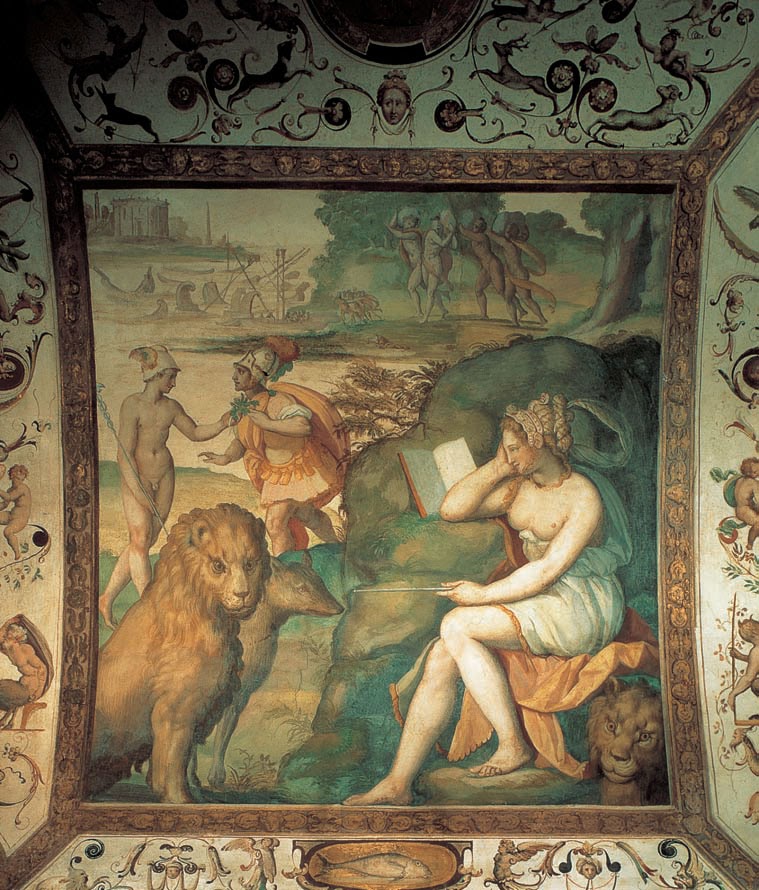Circe
The Enchantress of Aeaea and the Transformation of Men into Beasts in Homer's Odyssey

Circe is widely known from Homer's Odyssey, where she plays a significant role in one of Odysseus's key adventures. This deity was immortal and resided on an island in a distant ocean, living alone with servants she had transformed with her magic, primarily into lions, wolves, and other animals.
When Odysseus and his companions arrived on Circe's island, the sorceress welcomed them kindly. However, the food she offered was laced with a drug that made them fall asleep. When the time came, she touched them with her magic wand, and they all transformed into pigs—everyone except Odysseus. This happened because Odysseus had already encountered the god Hermes, who gave him an herb that protected him from Circe's magic. Since Odysseus resisted her, she recognized him as the hero prophesied to come to her island. Thus, she restored his companions to human form, making them younger and more beautiful than before, and Circe became a friend and lover to Odysseus.
The men stayed on Circe's island for a year. Afterward, Circe urged them to visit the land of the dead, where Odysseus descended to Hades to receive advice from the seer Tiresias. Upon their return, they asked Circe for directions to Ithaca.

Circe warned them that they would face many dangers during their journey. In particular, she urged them not to harm the cattle of the sun god Helios, located on the island of Thrinacia. However, Odysseus was the only one who decided to heed this advice, which is why he was the only member of his crew to complete the journey home.
Circe is also involved in another myth concerning Jason and the Argonauts. According to Apollonius of Rhodes, when the Argo reached Circe's island, she absolved them of the crime of stealing the Golden Fleece using the blood of a pig. Medea, who was related to Circe and descended from the sun god Helios, was one of the dangerous female figures due to her lineage. Among Helios's daughters and granddaughters was Pasiphaë, the mother of the Minotaur.
In an alternative version of Circe's myth, Odysseus fathered a son with her, Telegonus, who, when grown, sought out his father. He ended up in Ithaca and, without knowing his identity, attacked the island. Odysseus tried to repel him, but in the ensuing battle, Telegonus killed him, unaware that he was his father. This event fulfilled a prophecy that foretold Odysseus's death would come from the sea. Subsequently, Telegonus married Penelope. The two of them, along with Telemachus, who was his half-brother, traveled to Circe's island, where Telemachus married Circe. At that point, Circe granted immortality to the three of them.